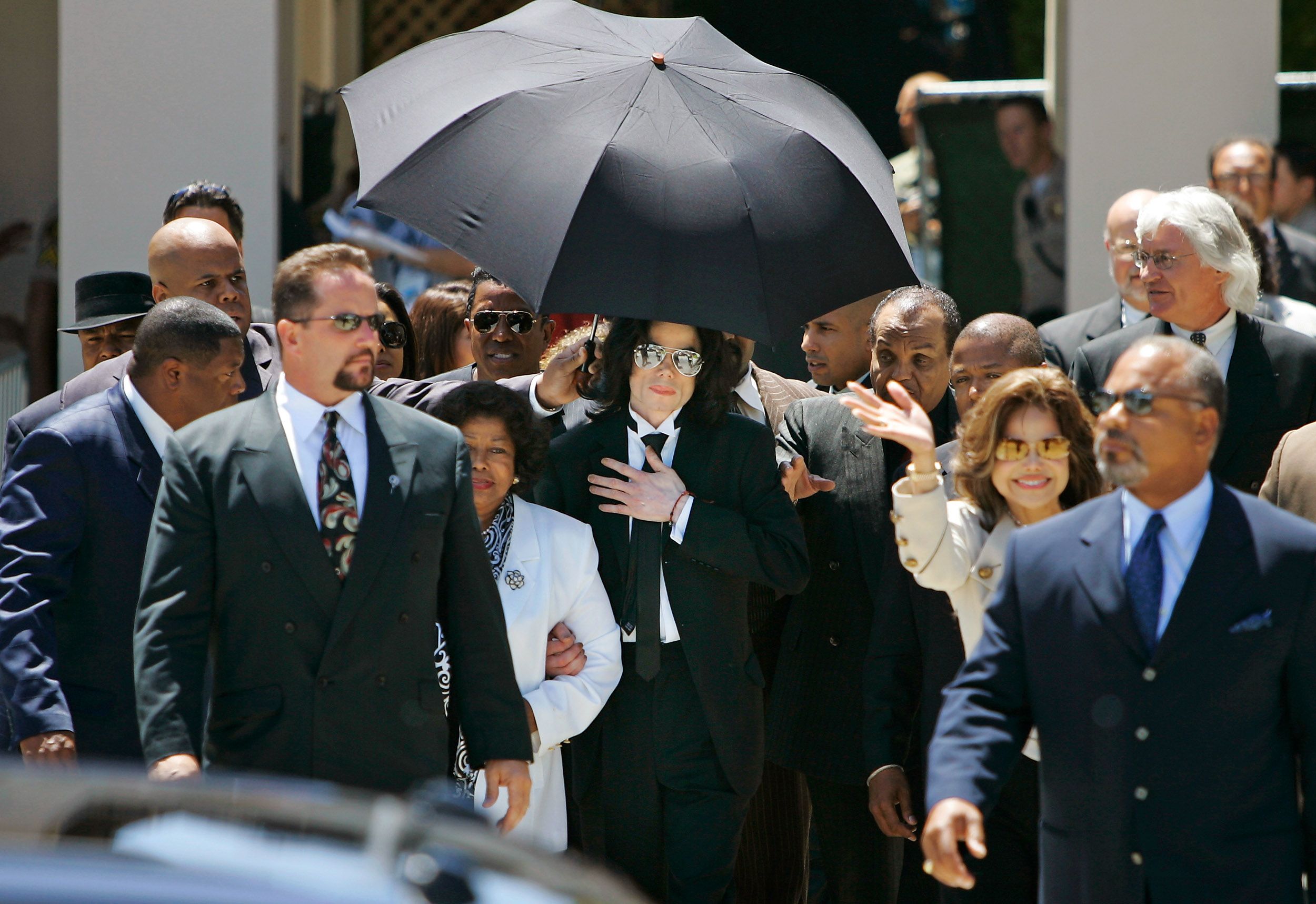The Reason Behind Michael Jackson's Arrest in 2003
Michael Jackson, a global music icon revered for his groundbreaking contributions to pop culture, found himself at the center of a legal storm in 2003. His arrest on November 20 of that year marked a significant turning point in his life and career. The charges against Jackson were rooted in allegations of child sexual abuse, a subject that garnered widespread media attention and polarized public opinion. 
This article delves into the intricate details surrounding the case, the allegations, the legal proceedings, and the broader implications for Jackson’s legacy.
Understanding the Allegations
The catalyst for Michael Jackson's arrest was a series of allegations made by a 13-year-old boy, Gavin Arvizo. The accusations emerged after a 2003 documentary, Living with Michael Jackson, directed by British journalist Martin Bashir. In the documentary, Jackson openly discussed his friendships with children, including Gavin Arvizo, and admitted to sharing his bedroom with them in what he described as an innocent and nurturing gesture. This revelation sparked widespread outrage and led to a formal investigation.
The allegations centered on claims that Jackson had engaged in inappropriate conduct with Gavin Arvizo at his famed Neverland Ranch in Santa Barbara County, California. These accusations were not the first of their kind; Jackson had faced similar allegations in 1993, which were settled out of court without an admission of guilt. However, the 2003 charges reignited public and legal scrutiny, culminating in a warrant for his arrest.
The Legal Proceedings
Michael Jackson was charged with multiple counts, including lewd acts with a minor, administering an intoxicating agent for the purpose of committing a felony, and conspiracy to commit child abduction, false imprisonment, and extortion. The charges were brought forth by the Santa Barbara County District Attorney, Tom Sneddon, who had also been involved in the 1993 investigation. Sneddon's determination to prosecute Jackson was evident, and the case quickly became one of the most high-profile celebrity trials in history.
The legal battle that ensued was both exhaustive and sensationalized. Jackson vehemently denied all allegations, maintaining his innocence throughout. His defense team, led by renowned attorney Thomas Mesereau, argued that the charges were motivated by greed and opportunism. They highlighted inconsistencies in the accuser's testimony and questioned the credibility of the Arvizo family, citing a history of financial troubles and prior lawsuits.
The trial, which began in early 2005, was a media circus. It featured a parade of witnesses, including former employees of Neverland Ranch, experts, and celebrities. The prosecution sought to portray Jackson as a predator who used his wealth and influence to manipulate vulnerable children. In contrast, the defense emphasized Jackson's philanthropic efforts and his genuine affection for children as part of his mission to heal the world through love and compassion.
The Verdict and Its Aftermath
On June 13, 2005, after a grueling trial that lasted over four months, Michael Jackson was acquitted of all charges. The jury found him not guilty on all counts, citing insufficient evidence and credibility issues with the prosecution's case. The verdict was a moment of relief for Jackson and his supporters, but it came at a significant cost.
The trial had taken a profound toll on Jackson's personal and professional life. His health deteriorated visibly, and his finances were strained due to mounting legal expenses and lost revenue opportunities. Public opinion remained deeply divided; while some celebrated his exoneration, others remained skeptical of his innocence.
Despite the acquittal, the damage to Jackson's reputation was irreparable. He became increasingly reclusive, retreating from the public eye and relocating to Bahrain for a period.
The trial marked the beginning of a downward spiral that ultimately culminated in his untimely death in 2009. However, the controversy surrounding the 2003 allegations and the subsequent trial continues to be a subject of debate and analysis.
Broader Implications for Jackson’s Legacy
Michael Jackson's arrest and trial in 2003 were not just a legal battle; they were a cultural phenomenon that exposed the complexities of celebrity, power, and accountability. The case raised critical questions about the responsibilities of public figures and the ethics of media coverage.
The intense media scrutiny that Jackson faced during the trial was emblematic of the invasive nature of celebrity culture. Tabloid headlines and sensationalist reporting often overshadowed the nuances of the legal proceedings, shaping public perception in ways that were not always fair or accurate. This phenomenon highlighted the double-edged sword of fame, where adoration and scrutiny go hand in hand.
Moreover, the case underscored the challenges of addressing allegations of abuse involving powerful individuals. Jackson's status as a global superstar undoubtedly influenced the dynamics of the trial, from the resources available to his defense team to the public's polarized reactions. The case served as a reminder of the importance of due process and the need to balance the presumption of innocence with the pursuit of justice.
In the years since Jackson's death, his legacy has remained a topic of contention. While his contributions to music, dance, and philanthropy are celebrated, the allegations and controversies continue to cast a shadow. Documentaries such as Leaving Neverland have reignited debates about his behavior and the ethics of separating art from the artist. Ultimately, Jackson's story is a complex tapestry of triumph and tragedy, a reflection of the human capacity for both greatness and fallibility.
Conclusion
Michael Jackson's arrest in 2003 was a watershed moment in his life and career, one that revealed the profound complexities of fame, power, and accountability. While the trial ended in his acquittal, the impact of the allegations and the ensuing media frenzy had lasting repercussions. Jackson's story serves as a poignant reminder of the challenges that come with extraordinary talent and visibility. As society continues to grapple with issues of abuse, justice, and redemption, the lessons from Jackson's case remain as relevant as ever, inviting reflection on the interplay between truth, perception, and legacy.








































